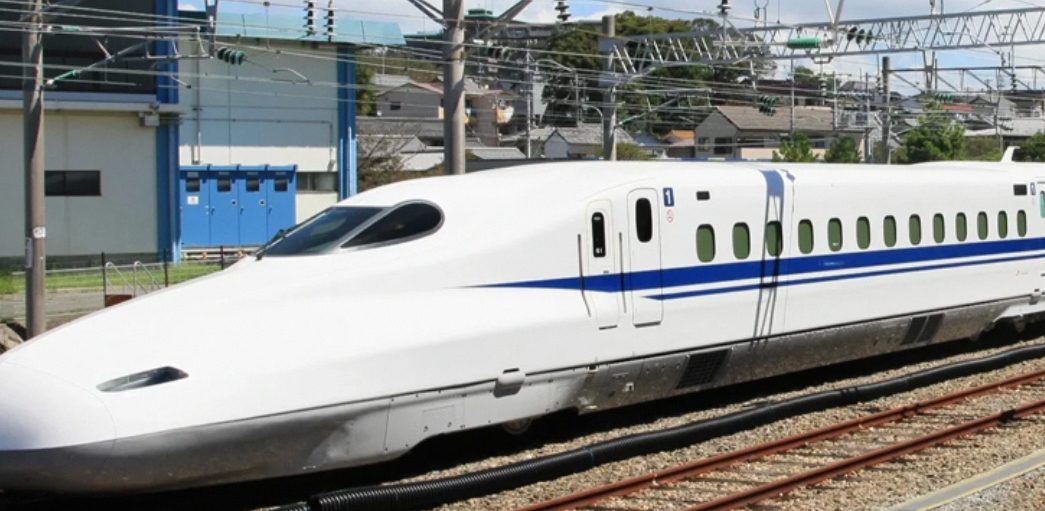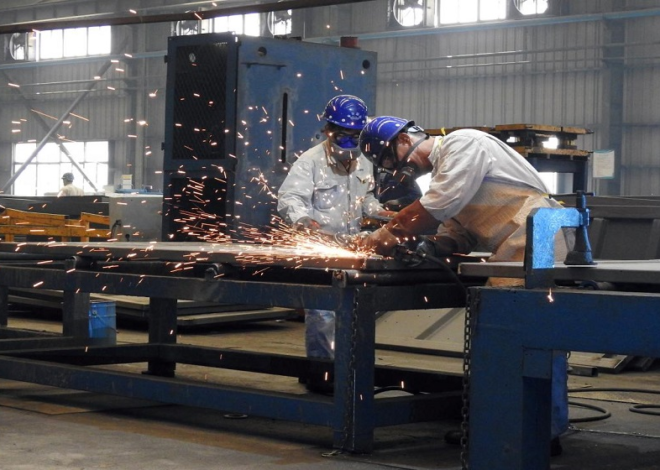
Pakistan Railways Unveils High-Speed Bullet Train Project
ISLAMABAD: Pakistan Railways has announced a landmark initiative to introduce a high-speed bullet train between Lahore and Karachi by 2030. The ambitious project aims to reduce travel time between the two provincial capitals from nearly 20 hours to just five, marking a new era in the country’s transport infrastructure.
Part of the ML-1 Corridor Upgrade
The bullet train initiative will form a crucial part of the Main Line 1 (ML-1) project, a $6.7 billion modernization of the Karachi–Peshawar railway corridor. This corridor is one of the most significant undertakings under the China-Pakistan Economic Corridor (CPEC) framework. According to official details, the ML-1 project will revitalize Pakistan’s aging railway system, enabling faster, safer, and more efficient train operations.
Cutting-Edge Speed and Connectivity
Railways Minister Hanif Abbasi revealed that the proposed bullet trains will operate at speeds of up to 250 kilometers per hour. Major stops along the 1,215-kilometer route will include Hyderabad, Multan, and Sahiwal, ensuring that passengers in multiple regions can benefit from rapid travel. This high-speed connectivity is expected to transform intercity travel, making rail transport a competitive alternative to air travel for millions of passengers.
Chinese Support in Development
The project is being developed with technical and financial support from China. The China Railway Construction Corporation (CRCC) is expected to play a leading role in implementing the bullet train system. This collaboration reflects the deepening infrastructure partnership between Pakistan and China under the broader CPEC initiative.
Major Infrastructure Upgrades
The ML-1 modernization involves much more than just faster trains. The project will include laying dual tracks, reconstructing old bridges, and installing advanced signaling systems to ensure safety and reliability. These improvements are designed to eliminate bottlenecks, reduce delays, and accommodate higher traffic volumes across Pakistan’s busiest railway corridor.
Boost to Freight and Economic Growth
Beyond enhancing passenger services, the project has a significant focus on freight transport. Officials estimate that rail’s share of freight will increase from 4 percent to 20 percent by 2030. This shift could relieve pressure on Pakistan’s road networks, cut transportation costs for industries, and make the supply chain more efficient. Faster and larger freight movement is also expected to stimulate economic activity across multiple sectors, including agriculture, manufacturing, and retail.
Job Creation and Employment Opportunities
One of the major benefits of the high-speed rail project is its potential to generate employment. Thousands of jobs are expected during the construction phase, ranging from engineering and construction roles to logistics and supply. Once operational, the bullet train system will create long-term positions in operations, maintenance, and administration, providing a steady source of income for many families.
Reducing Dependence on Road Transport
Pakistan has long relied heavily on road transport, which consumes billions of dollars in imported fuel annually. By offering a reliable and energy-efficient rail alternative, the bullet train project could significantly reduce fuel imports and cut down on the country’s dependence on expensive road-based freight and passenger travel. This transition aligns with global trends where countries are increasingly turning to rail as a sustainable and cost-effective transport solution.
Addressing Challenges in Pakistan’s Rail Sector
For decades, Pakistan Railways has struggled with underinvestment, outdated technology, and chronic inefficiencies. Despite operating over 7,700 kilometers of track, the system has faced frequent delays, declining ridership, and limited freight share. The high-speed rail initiative, along with broader ML-1 upgrades, is seen as a long-overdue effort to modernize the sector, restore public confidence, and bring the railway system in line with international standards.
A Transformative Leap for Pakistan’s Transport Future
The launch of a bullet train between Lahore and Karachi represents more than just a transportation upgrade; it symbolizes a transformative leap for Pakistan’s infrastructure and economy. If successfully implemented, the project could redefine how people and goods move across the country, placing Pakistan alongside nations that have embraced high-speed rail as a driver of progress.







